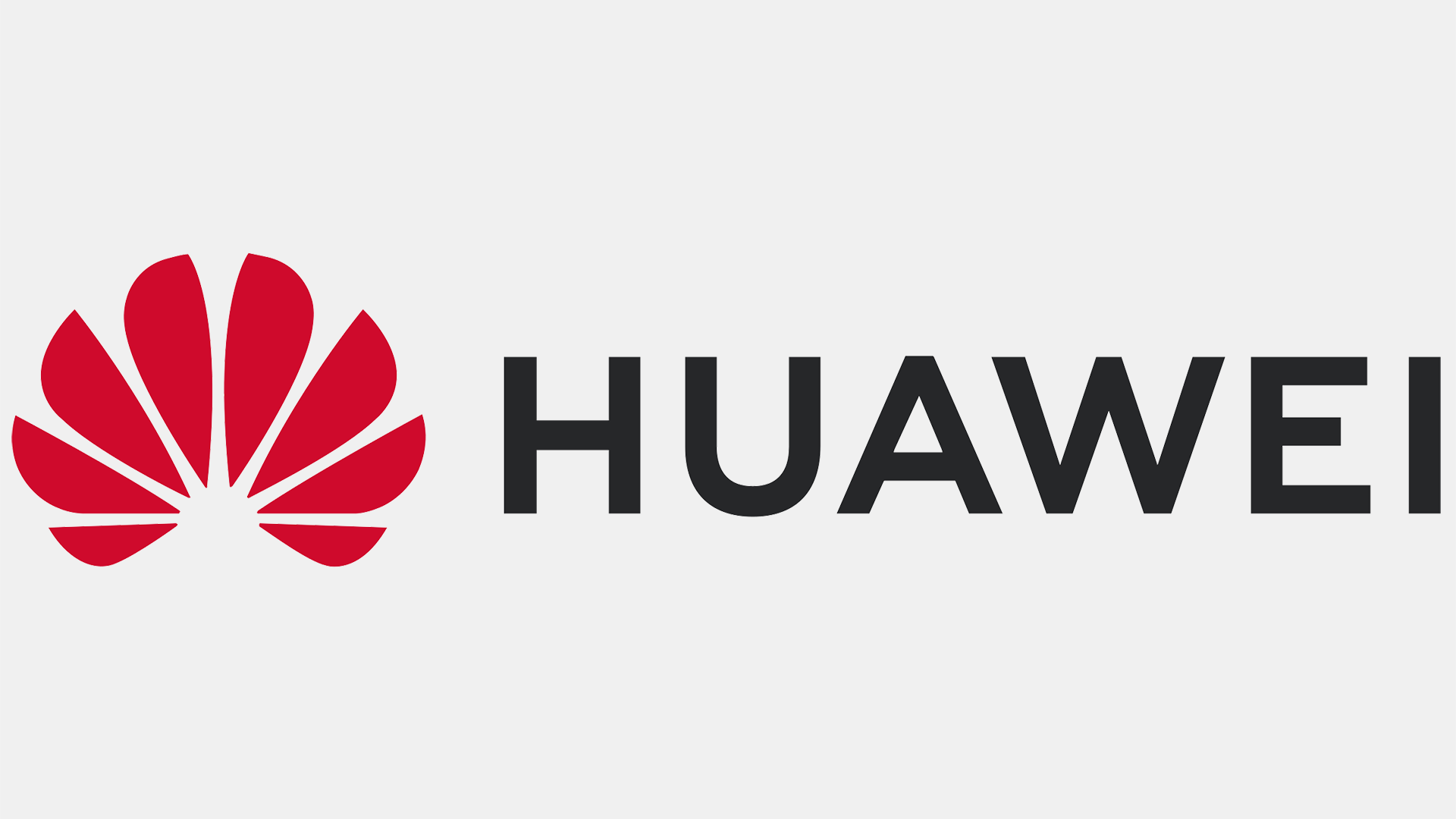
The US has blacklisted both Huawei and Phytium, a China-based CPU maker, but business still continues apace. Huawei last week said that it had teamed up with the state-owned China Electronics Corporation (CEC) to build a unified hardware-software ecosystem over its own Kunpeng processors and the US-sanctioned Tianjin Phytium Technology's Phytium CPUs, reports HuaweiCentral. The joint ecosystem will be called Penteng and will enable CEC to use both Kunpeng and Phytium chips in its devices without making major changes. In addition, the companies plan to invite new partners to the project.
Contemporary Kunpeng and Phytium processors use an Armv8 instruction set architecture and are compatible with Chinese cryptography algorithms, so it should not be too tricky to ensure that both CPUs run the same programs just fine. On the hardware side of matters, things will get more challenging since modern chips use different process technologies and different packaging. Therefore, it remains to be seen how these differences will be addressed by engineers working on the Penteng project.
Both Huawei's chip design arm HiSilicon and Tianjin Phytium Technology are blacklisted by the U.S. government and cannot access leading-edge production capacities. As a result, both companies have to find a way to make competitive chips domestically. Therefore, it is probable that the companies will unify the form factors and packages of their next-generation CPUs. While the partnership includes a focus on Phytium, purportedly a subsidiary of CEC, Phytium has not yet formally announced its participation in the Penteng project.
This collaboration not only incorporates the refinement of software as well as the unification of some hardware parts but also plans to enlarge the ecosystem by inviting more partners through a certification program. This joint work provides the opportunity to engineer a wide array of products that can accommodate all modern workloads, including cloud data centers, edge computing, and client PCs. Moreover, Huawei and CEC have committed to address emerging business opportunities with Penteng.
Building up an ecosystem encompassing hardware and software developed in China seems like quite a significant move as it will make the Chinese IT industry generally more competitive. Programs for x86 platforms running Windows or Linux work on appropriate PCs from all vendors. By contrast, this is not always the case with Chinese programs and PCs from different suppliers.







